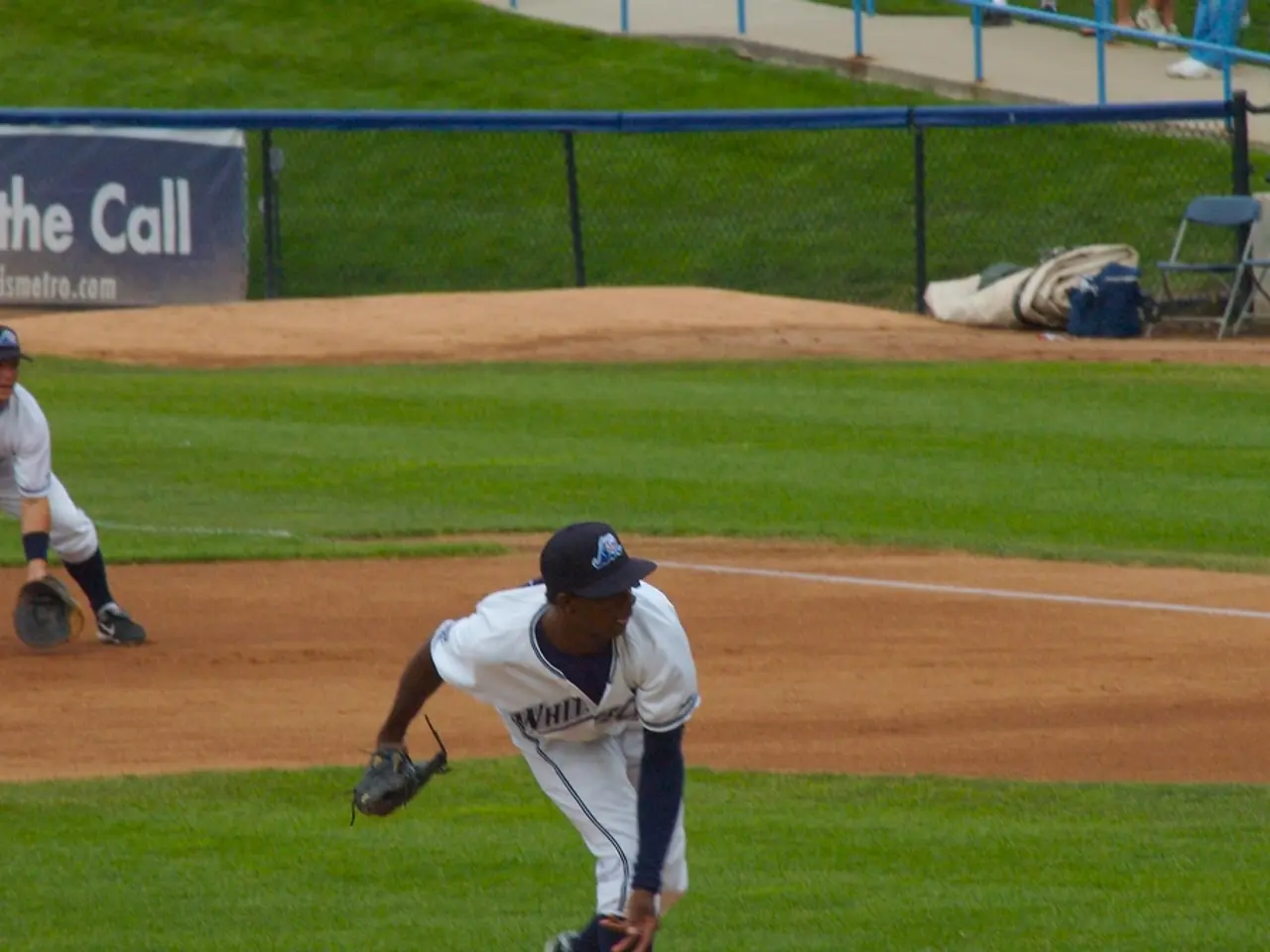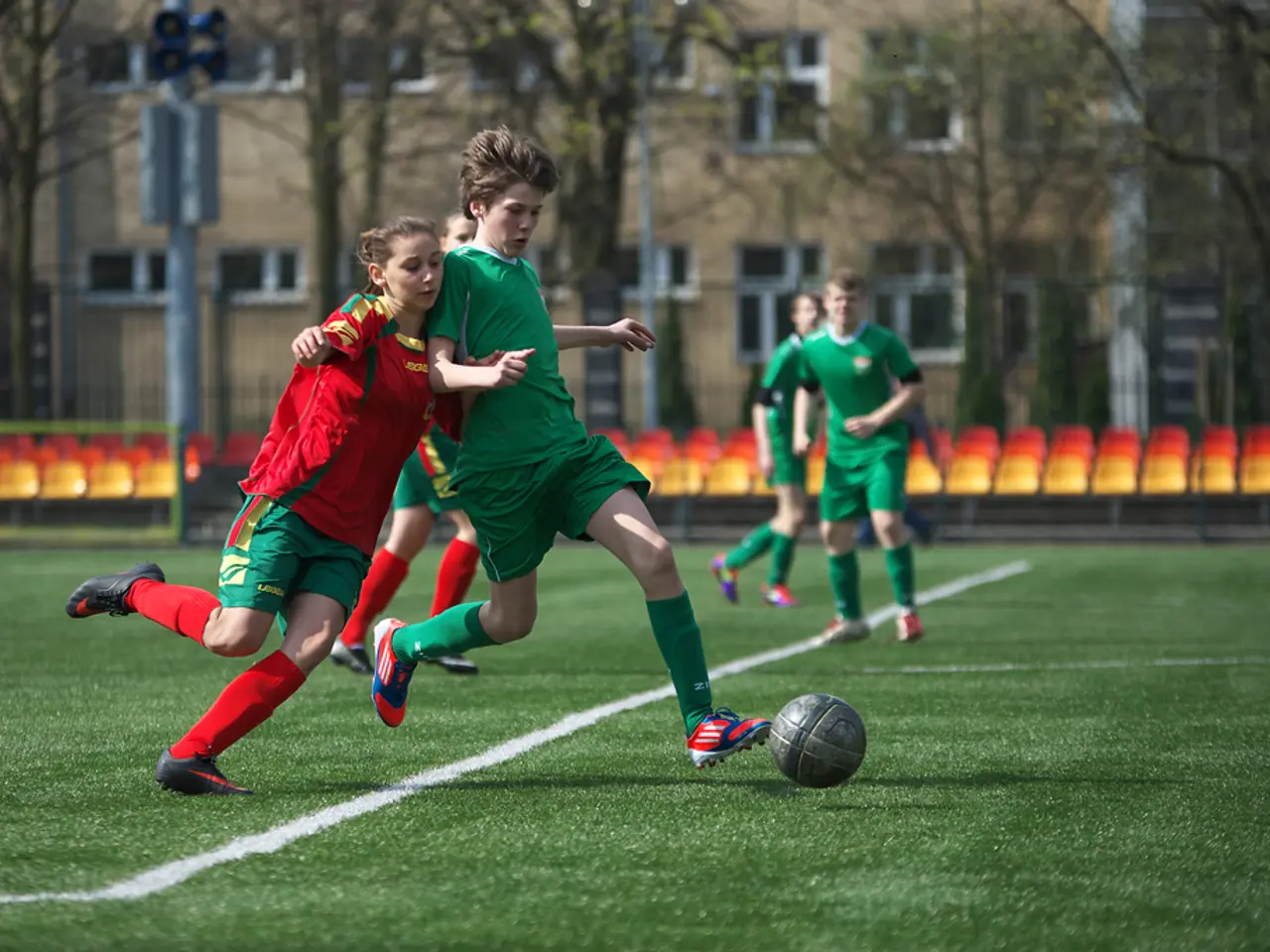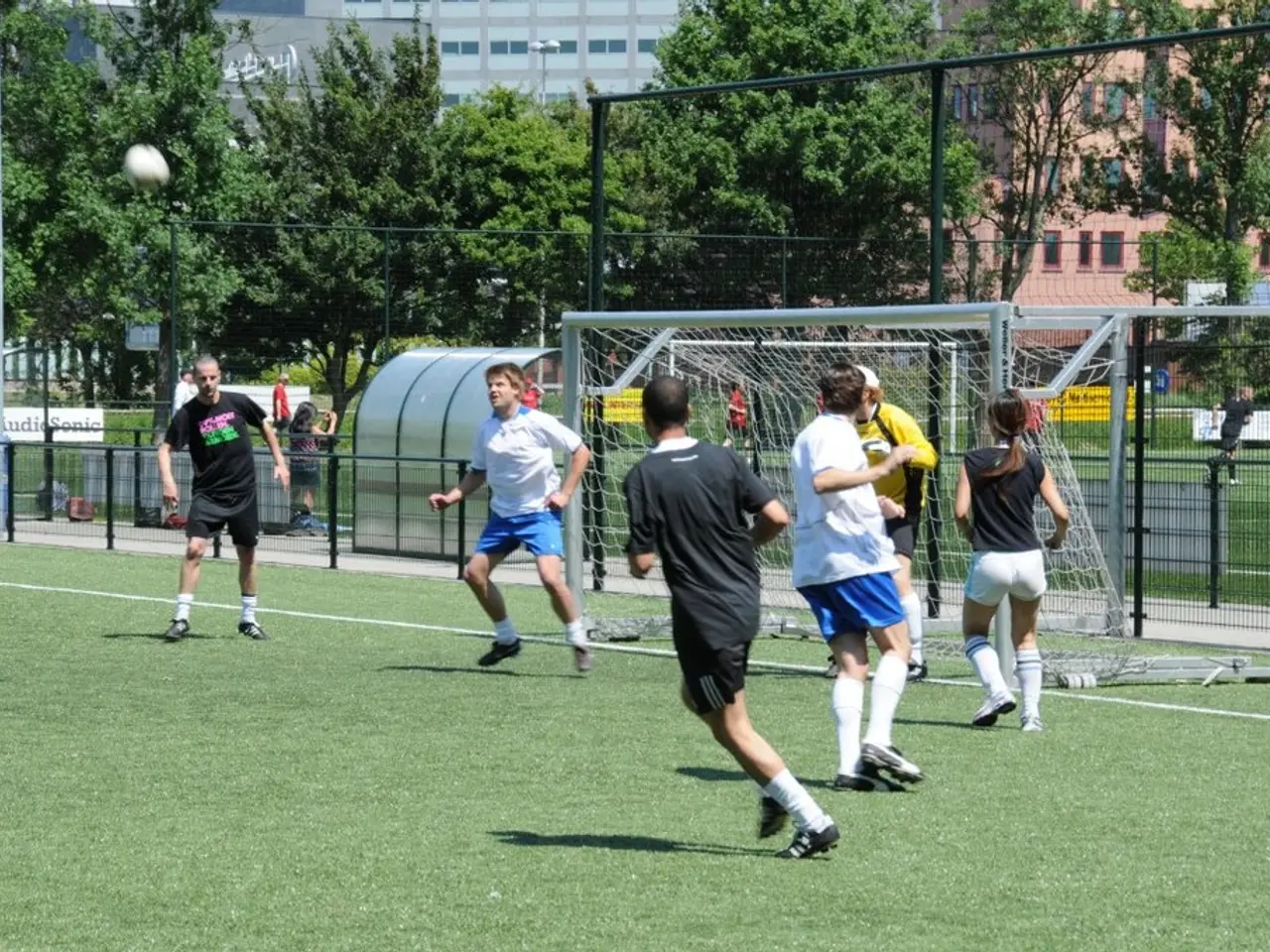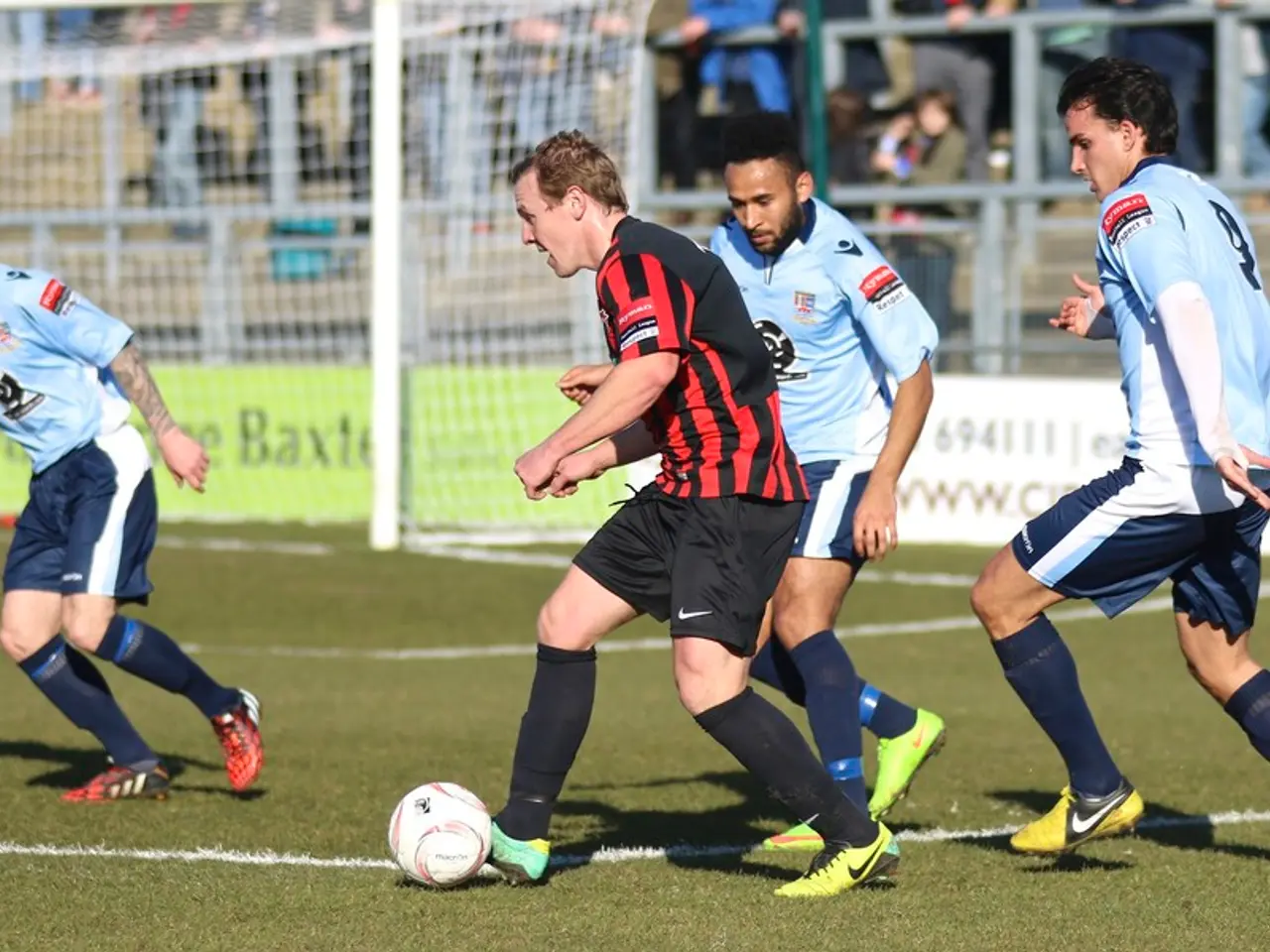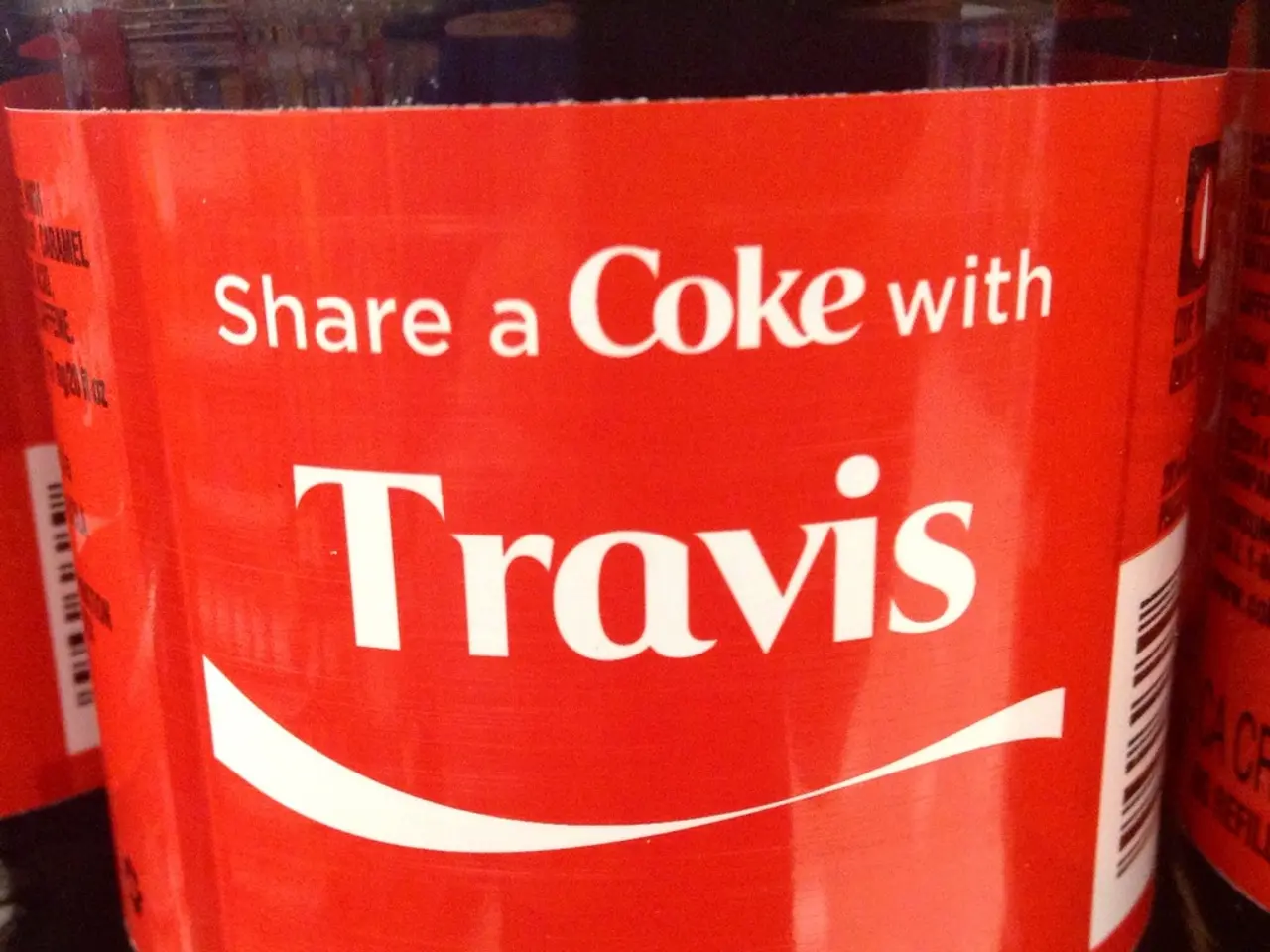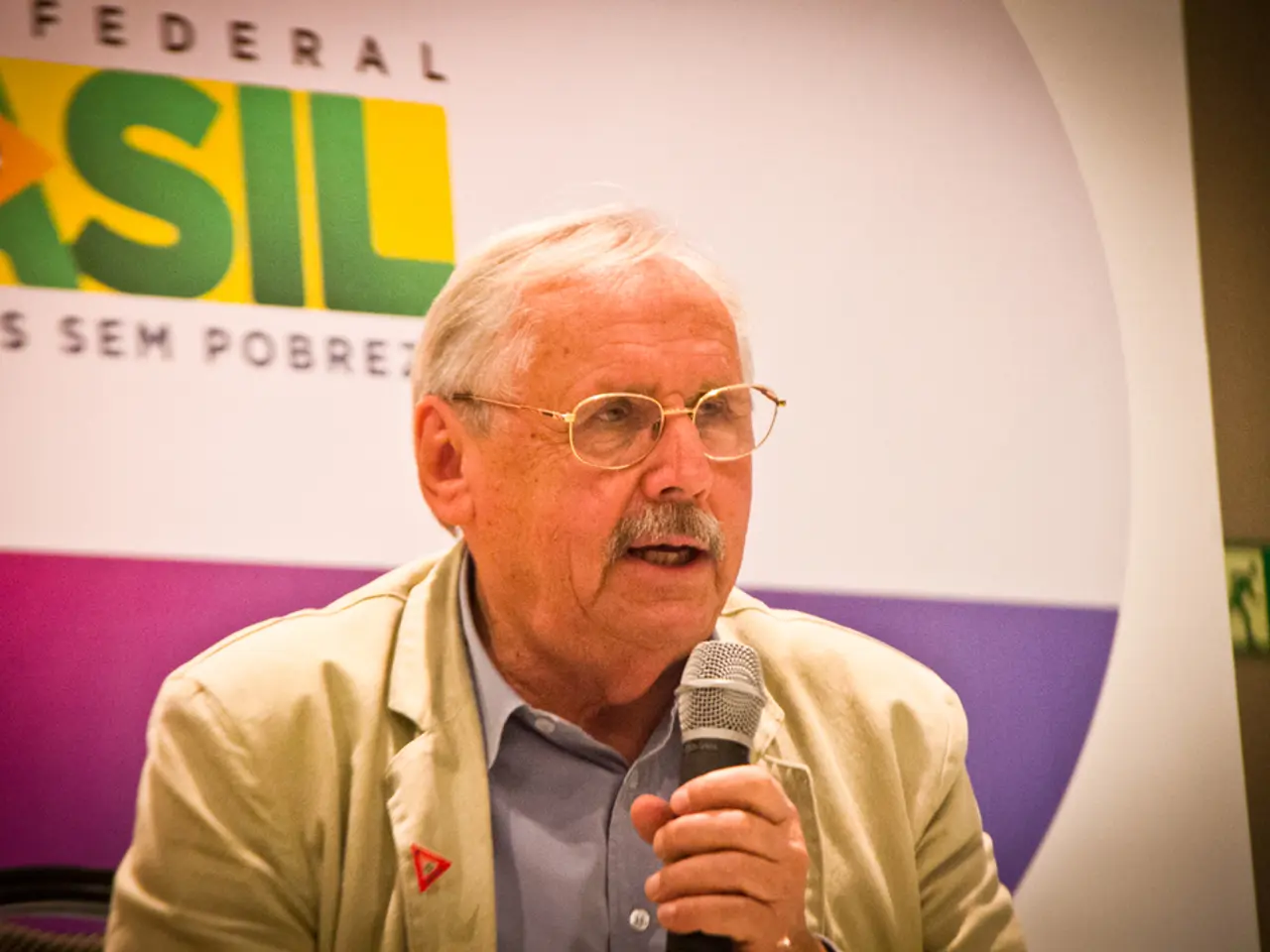Minnesota Twins Drastically Reduce Roster; Determining Winning and Losing Teams post-Trade Deadline
The 2022 Major League Baseball trade deadline saw several teams making moves to bolster their rosters and improve their chances for the postseason. However, one team that stood out for its aggressive sell-off was the Minnesota Twins.
The Twins, who are up for sale, traded nearly half of their active, 26-man roster, including standout shortstop Carlos Correa, closer Jhoan Duran, and several high-leverage relievers. This aggressive sell-off implied a significant organizational reset, signaling a shift from contending to rebuilding or retooling.
Carlos Correa's return to the Houston Astros in a major deadline deal marked the beginning of a dramatic roster transformation for the Twins. The team also traded key players like Willi Castro to the Chicago Cubs, Louis Varland to the Toronto Blue Jays, and Harrison Bader to the Philadelphia Phillies.
The Twins traded 10 players in one week, a move that disrupted established chemistry but opened roster spots for new acquisitions and prospects. This strategic choice to prioritize long-term flexibility and financial considerations over near-term competitiveness was a clear indication that the team is prioritizing future competitiveness over immediate success.
The front office appeared determined to reset expectations, with management and players acknowledging that the change was hard but necessary. From a roster management perspective, integrating so many new players created complexities regarding 40-man roster spots, arbitration timelines, and option years, as some newly acquired players like James Outman had limitations that could affect roster flexibility and future moves.
Meanwhile, other teams made moves to improve their rosters. The San Diego Padres acquired Jesus Sanchez, Mason Miller, Nestor Cortes, Ryan O'Hearn, Ramon Laureano, and Freddie Fermin in various deals. The Mets improved their bullpen by acquiring Tyler Rogers and Ryan Helsley. The Dodgers and New York teams also improved in the trade deadline deals.
However, some teams like the Atlanta Braves and Cleveland Guardians held on to their key players despite high demand. The Milwaukee Brewers could have made more trades, but they opted to keep their core intact. The San Francisco Giants sold several bullpen pieces, signaling a strategic choice to prioritize long-term flexibility and financial considerations over near-term competitiveness.
In sum, the implications of trading nearly half the roster at the trade deadline were a major organizational pivot toward rebuilding, with significant short-term disruption, long-term roster maneuvering challenges, and a clear indication that the team is prioritizing future competitiveness over immediate success.
The Twins' trade of star players like Carlos Correa and Jhoan Duran, along with several high-leverage relievers, marked a major shift in the MLB sports landscape, as they bet on a rebuilding or retooling phase instead of contending for the postseason. In contrast, other teams like the San Diego Padres and New York Mets, focused on improving their rosters for the postseason.
